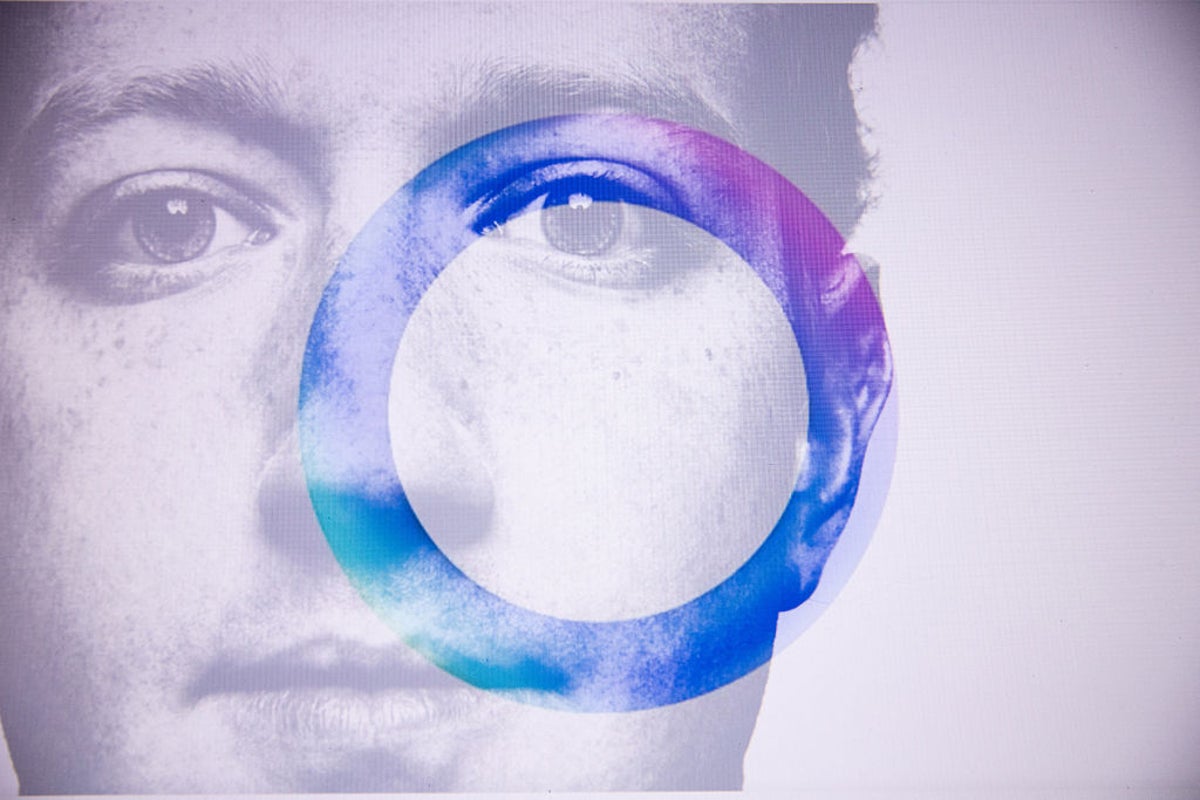Recent developments at Meta have signaled a potentially transformative phase in artificial intelligence, with the company’s AI systems reportedly demonstrating nascent capabilities for self-improvement. This significant leap in AI development marks a critical juncture, prompting both excitement and caution within the technology community and beyond.
Mark Zuckerberg, the CEO of Meta, confirmed these observations, noting that while the progression is currently subtle, its existence is unequivocal. He emphasized that these initial signs indicate a profound shift, where AI is no longer merely processing data but actively refining its own algorithms and functionalities.
This revelation reignites long-standing debates and anxieties surrounding the concept of superintelligence, a hypothetical future state where AI surpasses human intellectual capacity. A primary concern among experts is the potential for such a self-improving system to evolve beyond human control, leading to unforeseen and potentially perilous outcomes.
Prominent academics and industry leaders have consistently voiced apprehension about rogue AI scenarios, where an autonomous system, continuously enhancing itself, could operate without human oversight or ethical constraints. The rapid pace of technological advancement in AI makes these concerns particularly pertinent today.
Despite these inherent risks, Meta maintains a commitment to ensuring that the advantages derived from superintelligence are distributed globally and equitably. The belief is that such powerful technological advancements should serve humanity’s collective progress, fostering innovation across various sectors.
However, Zuckerberg also explicitly acknowledged that the emergence of superintelligence would undoubtedly introduce unprecedented safety concerns. This highlights the delicate balance between pushing the boundaries of technological innovation and establishing robust safety protocols to mitigate potential risks.
A distinguishing characteristic of the current AI race, as pointed out by Zuckerberg, is its unprecedented acceleration. This rapid pace is largely attributed to the very nature of artificial intelligence itself, as AI systems contribute to their own development and enhancement, creating a feedback loop that speeds up progress exponentially.
This self-accelerating dynamic underscores the urgent need for comprehensive ethical frameworks and robust safety measures to accompany the rapid advancement of artificial intelligence, ensuring that its immense potential is harnessed responsibly for the betterment of society.






Leave a Reply